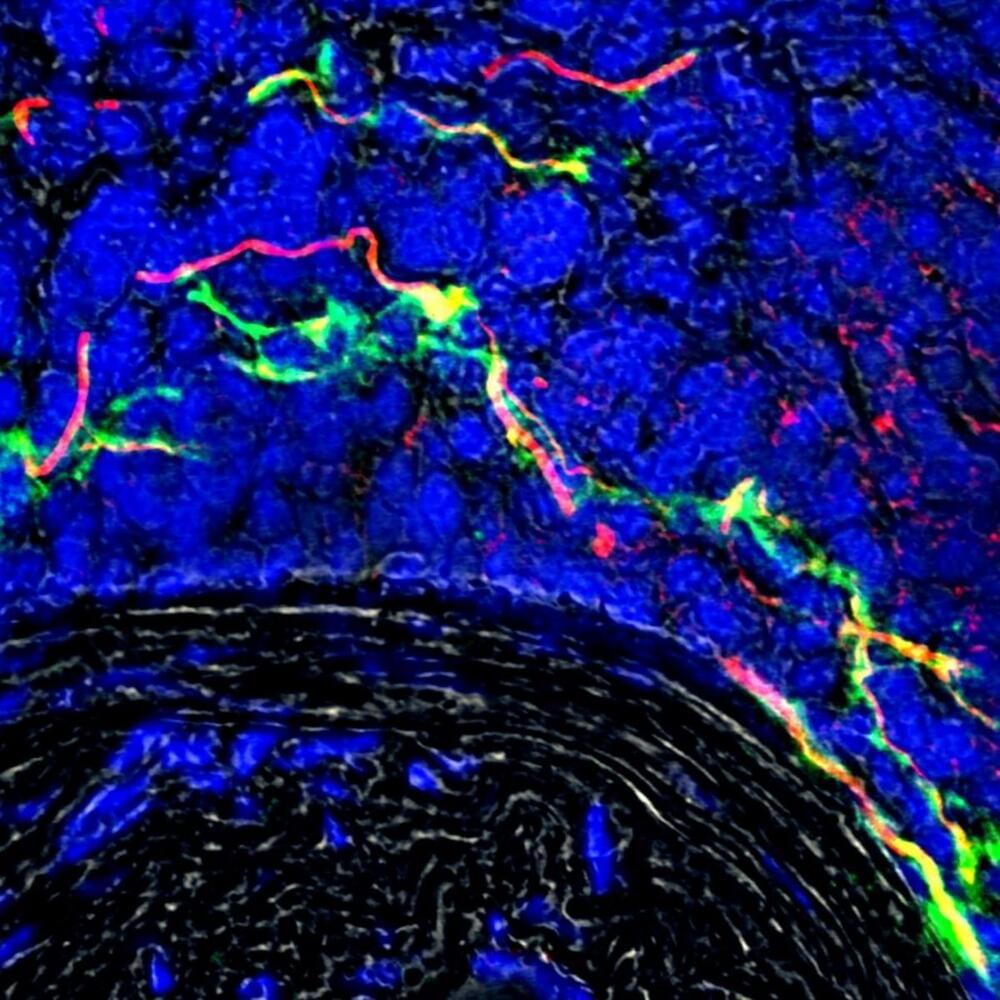The talk is provided on a Free/Donation basis. If you would like to support my work then you can paypal me at this link:
https://paypal.me/wai69
Or to support me longer term Patreon me at: https://www.patreon.com/waihtsang.
Unfortunately my internet link went down in the second Q&A session at the end and the recording cut off. Shame, loads of great information came out about FPGA/ASIC implementations, AI for the VR/AR, C/C++ and a whole load of other riveting and most interesting techie stuff. But thankfully the main part of the talk was recorded.
TALK OVERVIEW
This talk is about the realization of the ideas behind the Fractal Brain theory and the unifying theory of life and intelligence discussed in the last Zoom talk, in the form of useful technology. The Startup at the End of Time will be the vehicle for the development and commercialization of a new generation of artificial intelligence (AI) and machine learning (ML) algorithms.
We will show in detail how the theoretical fractal brain/genome ideas lead to a whole new way of doing AI and ML that overcomes most of the central limitations of and problems associated with existing approaches. A compelling feature of this approach is that it is based on how neurons and brains actually work, unlike existing artificial neural networks, which though making sensational headlines are impeded by severe limitations and which are based on an out of date understanding of neurons form about 70 years ago. We hope to convince you that this new approach, really is the path to true AI.
In the last Zoom talk, we discussed a great unifying of scientific ideas relating to life & brain/mind science through the application of the mathematical idea of symmetry. In turn the same symmetry approach leads to a unifying of a mass of ideas relating to computer and information science. There’s been talk in recent years of a ‘master algorithm’ of machine learning and AI. We’ll explain that it goes far deeper than that and show how there exists a way of unifying into a single algorithm, the most important fundamental algorithms in use in the world today, which relate to data compression, databases, search engines and also existing AI/ML. Furthermore and importantly this algorithm is completely fractal or scale invariant. The same algorithm which is able to perform all these functionalities is able to run on a micro-controller unit (MCU), mobile phone, laptop and workstation, going right up to a supercomputer.
The application and utility of this new technology is endless. We will discuss the road map by which the sort of theoretical ideas I’ve been discussing in the Zoom, academic and public talks over the past few years, and which I’ve written about in the Fractal Brain Theory book, will become practical technology. And how the Java/C/C++ code running my workstation and mobile phones will become products and services.

